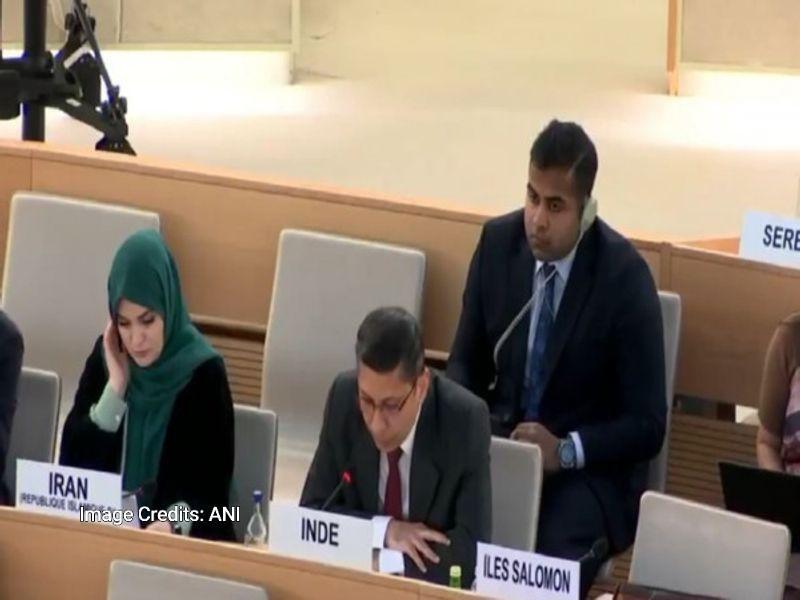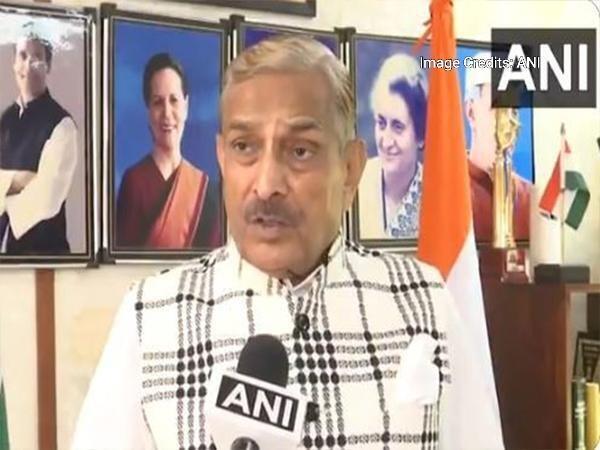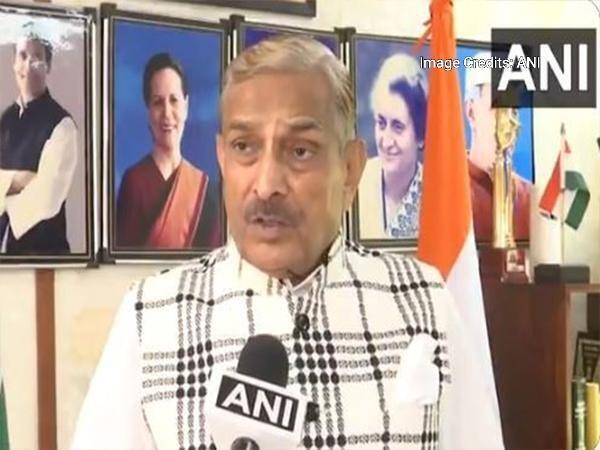
Unfounded, Baseless: India on UNHRC Chief Remarks on J&K, Manipur
India has reacted strongly to the recent statement made by the United Nations High Commissioner for Human Rights (UNHRC), Volker Türk, on the situation in Jammu and Kashmir (J&K) and Manipur. India’s permanent representative to the United Nations, Arindam Bagchi, termed the UNHRC chief’s remarks as “unfounded and baseless”.
The UNHRC chief had expressed concerns over the restrictive laws in J&K, which was incorporated into India after the abrogation of Article 370 in August 2019. Additionally, he had called for addressing the violence in Manipur, a northeastern state in India, which has been grappling with insurgency and human rights issues for decades.
India’s response to the UNHRC chief’s statement is a clear indication that the country is not willing to tolerate any external interference in its internal affairs. The UNHRC chief’s remarks were seen as an attempt to undermine India’s sovereignty and territorial integrity.
The UNHRC chief’s statement on J&K was particularly critical, as he expressed concerns over the restrictive laws in the region. He called for the repeal of the Jammu and Kashmir Reorganisation Act, 2019, which was passed by the Indian Parliament to reorganize the state into two union territories. The UNHRC chief also expressed concerns over the detention of political leaders and activists in the region.
India has rejected the UNHRC chief’s statement, saying that it is based on “misinformation and misconceptions”. The government has argued that the restrictive laws in J&K are necessary to maintain peace and order in the region, which has been plagued by terrorism and separatist movements for decades.
The government has also pointed out that the UNHRC chief’s statement is a clear case of “cherry-picking” and “selective outrage”. The UNHRC chief has not condemned human rights violations in other parts of the world, including countries that are known for their poor human rights record.
India has also pointed out that the UNHRC chief’s statement is a reflection of the country’s growing influence on the global stage. The UNHRC chief’s statement is seen as a attempt to undermine India’s sovereignty and territorial integrity, and to promote the interests of other countries.
The UNHRC chief’s statement on Manipur was also seen as a attempt to undermine India’s efforts to address the insurgency and human rights issues in the region. The government has launched several initiatives to address the insurgency and human rights issues in Manipur, including the creation of a new state police force and the establishment of a special task force to tackle the insurgency.
India has also pointed out that the UNHRC chief’s statement is a reflection of the country’s growing influence on the global stage. The UNHRC chief’s statement is seen as a attempt to undermine India’s sovereignty and territorial integrity, and to promote the interests of other countries.
In conclusion, India’s reaction to the UNHRC chief’s statement on J&K and Manipur is a clear indication that the country is not willing to tolerate any external interference in its internal affairs. The UNHRC chief’s statement is based on “misinformation and misconceptions”, and is a clear case of “cherry-picking” and “selective outrage”. India will continue to defend its sovereignty and territorial integrity, and will not tolerate any external interference in its internal affairs.





